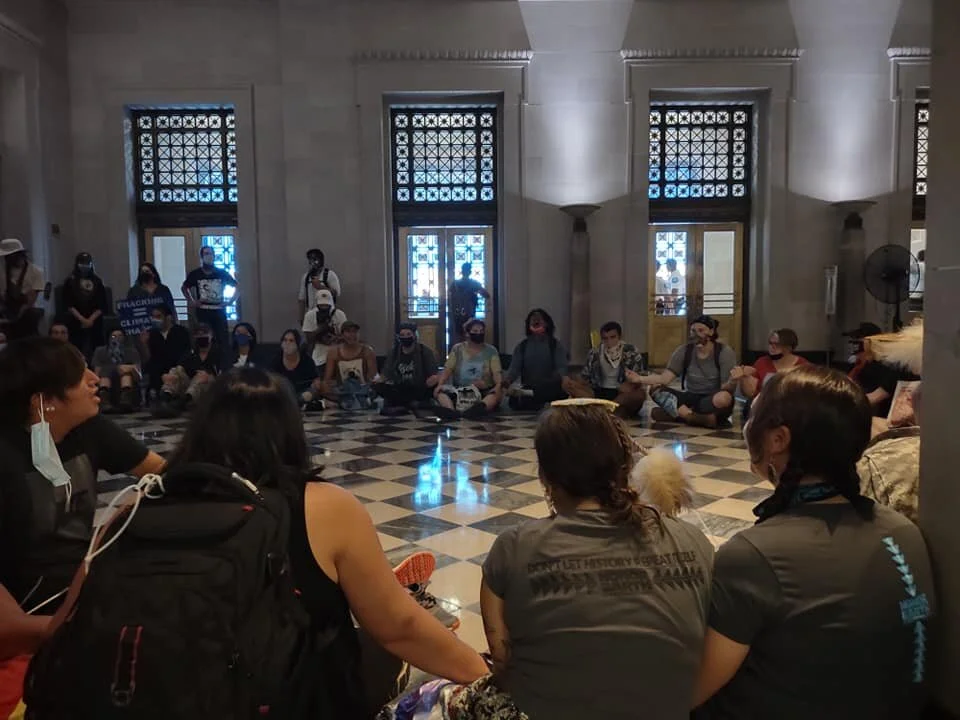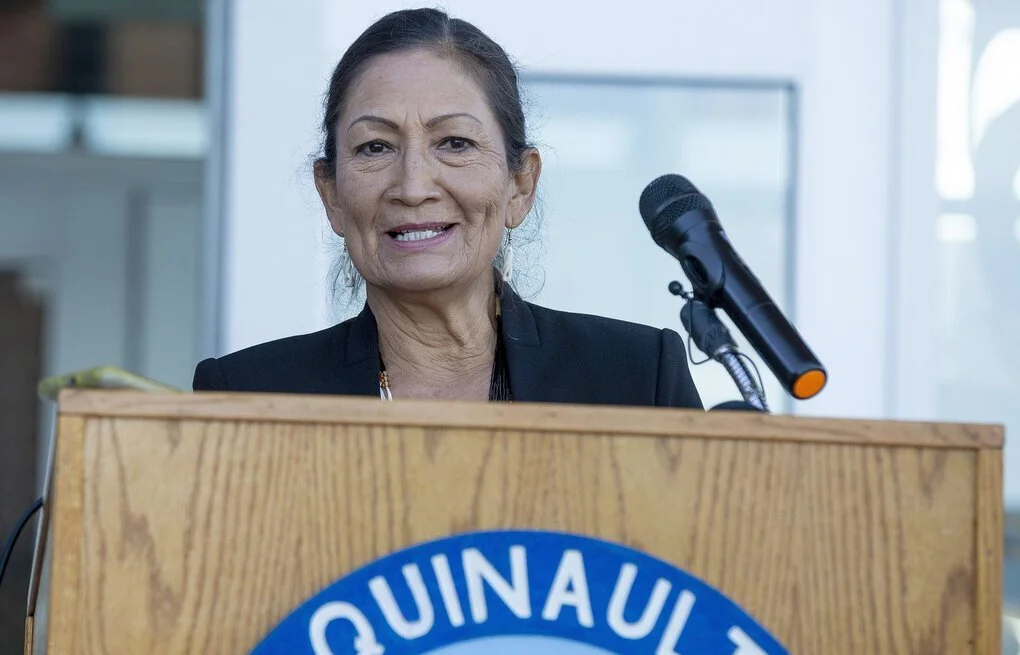Formed in 2016 during the fight against the Dakota Access Pipeline, Mazaska Talks seeks to leverage economic power to fight repression of Indigenous rights and the desecration of Mother Earth.
Read MorePresident Biden’s push for electric cars increases profits for Chinese corporations while simultaneously destroying the environment and consuming water on Native lands.
Read MoreIt can be difficult to understand the true impacts of climate change when you are not directly facing its harsh effects. We see that communities in different regions and terrains around the world are experiencing different rates of global warming with different consequences.
Read MoreFalse solutions such as REDD+, carbon markets, carbon offsets, climate-smart agriculture, climate geoengineering technologies, and nature-based solutions were focal points at COP27. Additionally, climate finance, adaptation and mitigation as well as loss and damage were at the forefront of negotiations at this year’s session.
Read MoreFrontline Indigenous leaders from various fossil fuel fights from across Turtle Island have occupied the Bureau of Indian Affairs in Washington D.C. for the first time since the 1970’s.
Read MoreThe group toured the Village of Tahaloh, which is under threat from storm surges, flooding and tsunamis. The Quinault Indian Nation is in the process of relocating the village to higher ground.
Read MoreThe Stop the Money Pipeline coalition has maintained that President Biden must ensure that all U.S. financial institutions are firmly on a path to real zero greenhouse gas emissions before COP26.
Read MoreSalmon thrive off cold freshwater from streams to survive, but as the temperature of our planet increases, glaciers have started melting, impacting the coolness of streams. If the streams gets too hot, the water reaches a point where it is inhabitable for salmon to survive so the fish will die off.
Read MoreThe way that people of color are hurt by climate change is commonly known as the climate gap. The climate gap is the unjustifiable and discriminatory impact that the climate crisis has on people of color. The climate gap highlights the disproportionality of how communities of color are treated and unable to cope with climate hazards that may impact them.
Read MoreThe way we treat our environment is the most important thing we can be conscious of as we consider our future.
Read MoreJPMorgan Chase, the world’s largest banker of fossil fuels, announced this afternoon that it is committing to push its clients to align with the Paris Agreement and work towards global net zero-emission by 2050.
Read More














